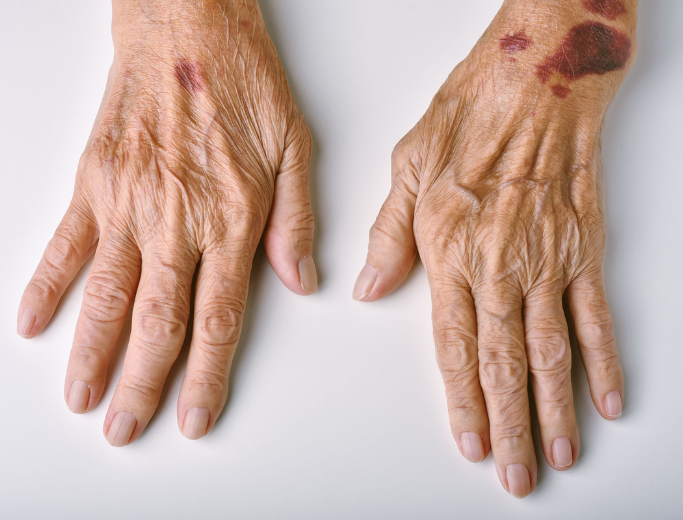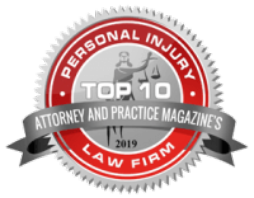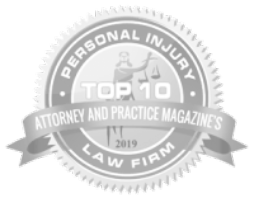Steps to report nursing home abuse in Kentucky
If you suspect your loved one is a victim of nursing home abuse or neglect, you should say something, even if you have no proof or are not yet certain your suspicions are valid. Nursing home residents can often be in cases of immediate danger, and unless suspicions are reported, abuse and neglect can continue. When you report abuse or neglect to the following agencies, they are required by law to investigate.
Adult Protective Services
If you suspect abuse, neglect, or exploitation, whether involving known loved ones or unfamiliar nursing home residents, report these incidents to Adult Protective Services (APS). This agency is responsible for investigating complaints related to abuse, neglect, and exploitation. If you suspect any such mistreatment, document the incident and alert the authorities.
Reports can be filed in writing or verbally, and there’s even an option for anonymous reporting to:
Adult Protective Services
275 E. Main Street Frankfort, KY 40621
800-752-6200
Office of the Inspector General
Complaints against the nursing home should also be made to the Office of the Inspector General (OIG) which is responsible for licensing nursing homes.
Office of the Inspector General
502-564-7963
Office of the Attorney General
Additionally, reports of abuse in a nursing home facility may be made to the Office of the Attorney General’s Abuse Tip Line.
Office of the Attorney General
877-ABUSE-TIP
(877-228-7384)
When you make a report, include the victim’s name, facility and location, witness names, incident date and time, and any specifics you have. You can also reference the Kentucky Attorney General’s sample report for guidance. Keep in mind reports can be written, spoken, or even submitted anonymously.
Contact an experienced nursing home abuse lawyer
A Lexington nursing home abuse attorney can help you understand your rights and hold the nursing home or long-term care facility accountable for their negligent actions. A nursing home abuse case should be handled by a law firm with the resources and skills required to navigate the complexities of the nursing home records system and other legal actions that may be necessary to properly represent your loved one.
Follow up on what actions have been taken
Stay in touch with the investigating agency—whether it’s Adult Protective Services, the Office of the Inspector General, local law enforcement, or another relevant authority—to track the progress of your complaint. Note that some agencies might not disclose specific details due to procedural rules. Still, it’s helpful to record these interactions: date, time, the person you spoke with, and the information received. Additionally, follow up with the resident and/or the facility to confirm if the issue has been addressed and resolved.
A Lexington nursing home abuse attorney can also follow up with these agencies on your behalf.


























